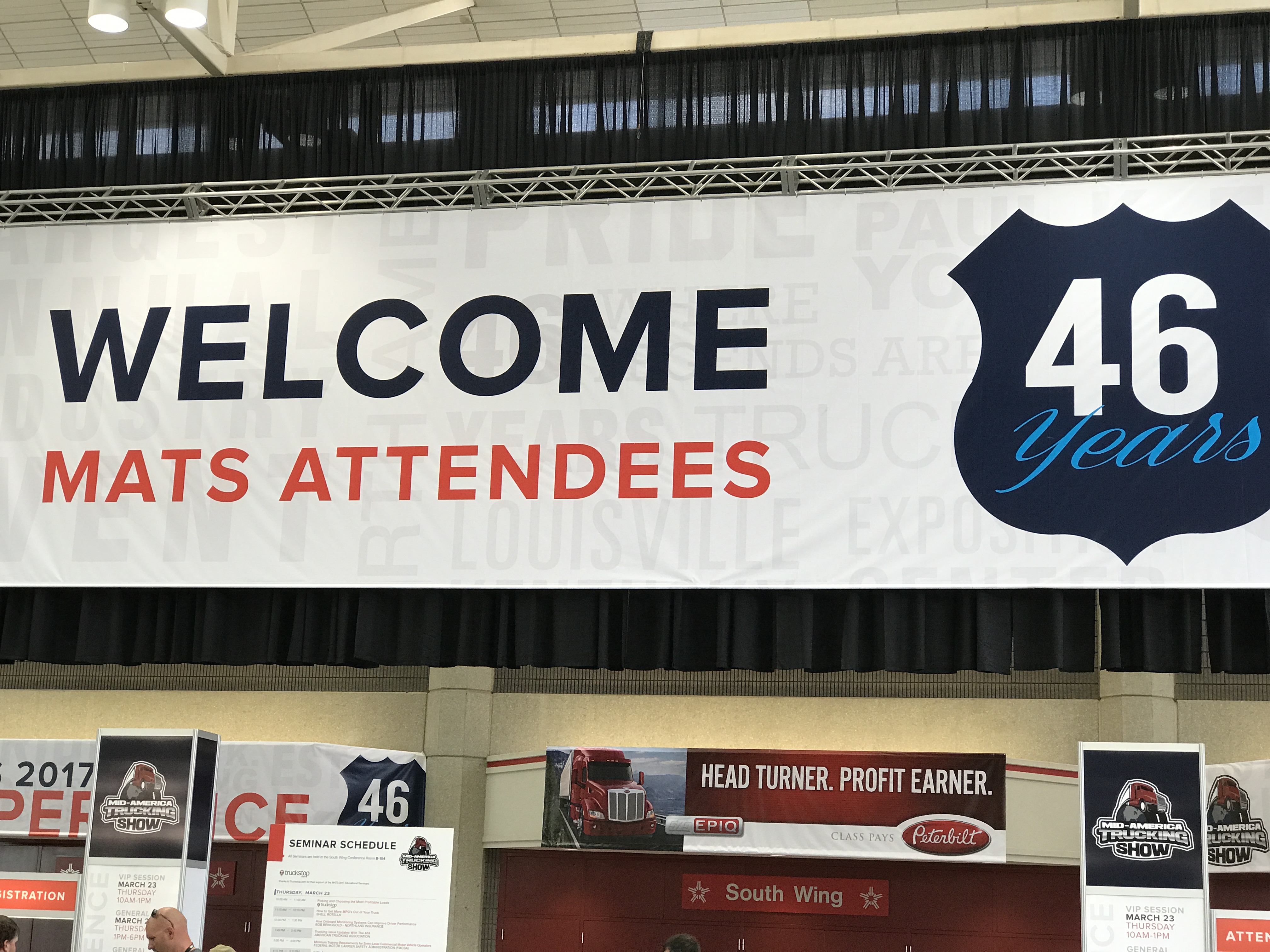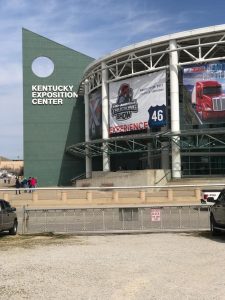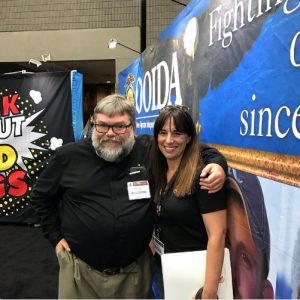Biological Clock

Well, we made it back from our amazing time at MATS. Sara and I had a great time chatting with our friends and contacts and made some wonderful new ones. What a great experience. If you’ve not been to the Mid-America Truck Show before, put it on your schedule for next year! It’s so worth it.
Now, onto the St. Christopher Minute. This week, Dr. John will be discussing the Biological Clock. No, not the biological clock that every woman over 30 hears ticking away and knows that it’s now or never to have a baby. This biological clock is the one that regulates the timing of our sleep/wake cycles. Let’s look at a few stats for starters…
Driver fatigue is believed to contribute to more than 30% of road crashes. The majority of crashes occur during the drowsy time of 2pm-4pm and 2am- 6am. The minimum hours of sleep needed a night for the healthy adult is between 7-9 hours.
So, how does one regulate their sleep? Sleep is regulated by two body systems: sleep/wake homeostasis and the circadian biological clock. When we have been awake for long periods, the sleep/wake cycle tells us that a need for sleep is accumulating and that it is time to sleep. It also helps us maintain enough sleep throughout the night to make up for the hours of being awake. This is how the sleep/wake homeostasis creates a drive that balances sleep and wakefulness. Our internal circadian biological clock regulates the timing of periods of sleepiness and wakefulness during the day. The circadian rhythm dips and rises at different times of the day. The adults strongest sleep drive generally occurs between 2:00 – 4:00am and then in the afternoon between 1-3:00pm. There can be some variation in that time depending on whether you are a morning or a night person.
Because the trucking industry runs 24/7, the shipping and receiving industry does as well. So, the OTR drivers must work around their schedule. Drivers are almost constantly working, and when they aren’t driving, they are loading, unloading, preparing for the next day, and trying to find time to grab a quick bite and get a shower. This causes the OTR driver to basically just sleep when they can, and in the long term it affects their sleep cycle. The sleepiness we experience during the circadian dips are less intense if we have sufficient sleep, and more intense when we are sleep deprived.
There are several helpful hints to get better rest while on the road. Find a quiet and secure area. Block out all the light – consider and eye mask or a room darkening shade. Keep the cab cool. Block out noise, a white noise machine can be really helpful. Make sure your sleeper mattress is comfortable Also, avoid eating or exercising too close to bedtime.
Dr. John will be discussing the Biological Clock in more detail tomorrow morning at 6:30am EST during the St. Christopher Minute on the Tim Ridley show on Sirius XM Channel 146. Please feel free to call in with your questions, and listen in for some helpful tips on getting some really good sleep!
Have a happy and healthy day!




